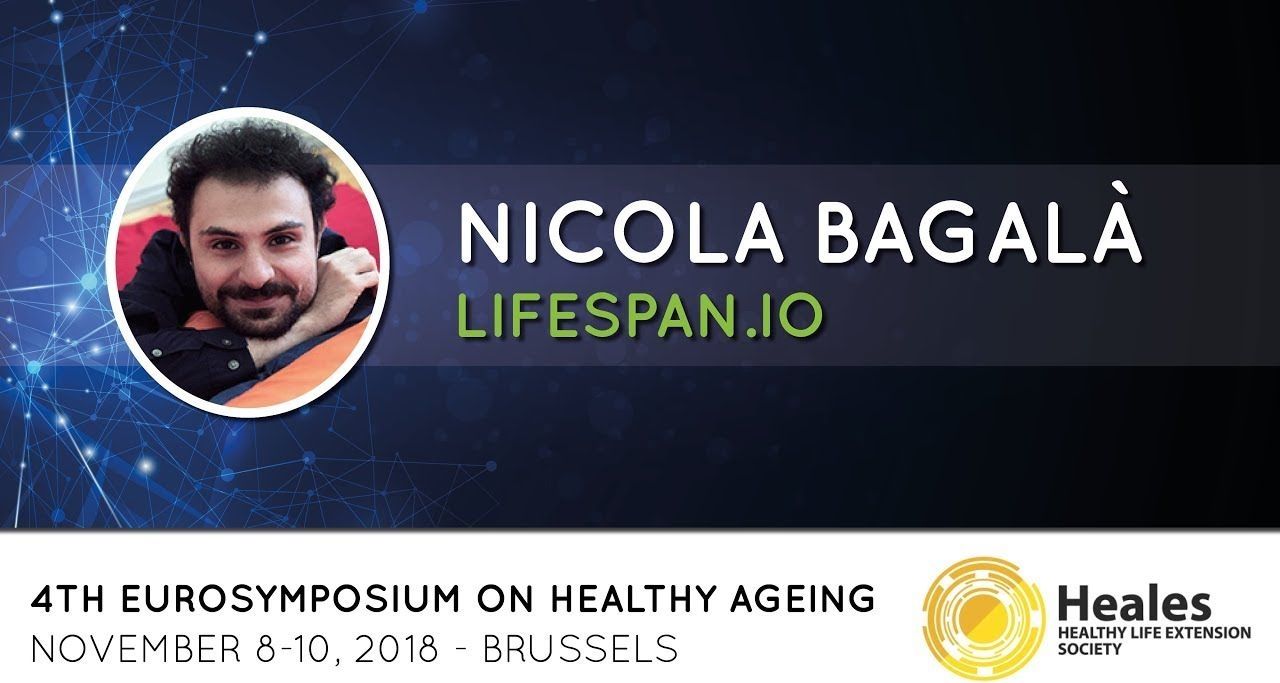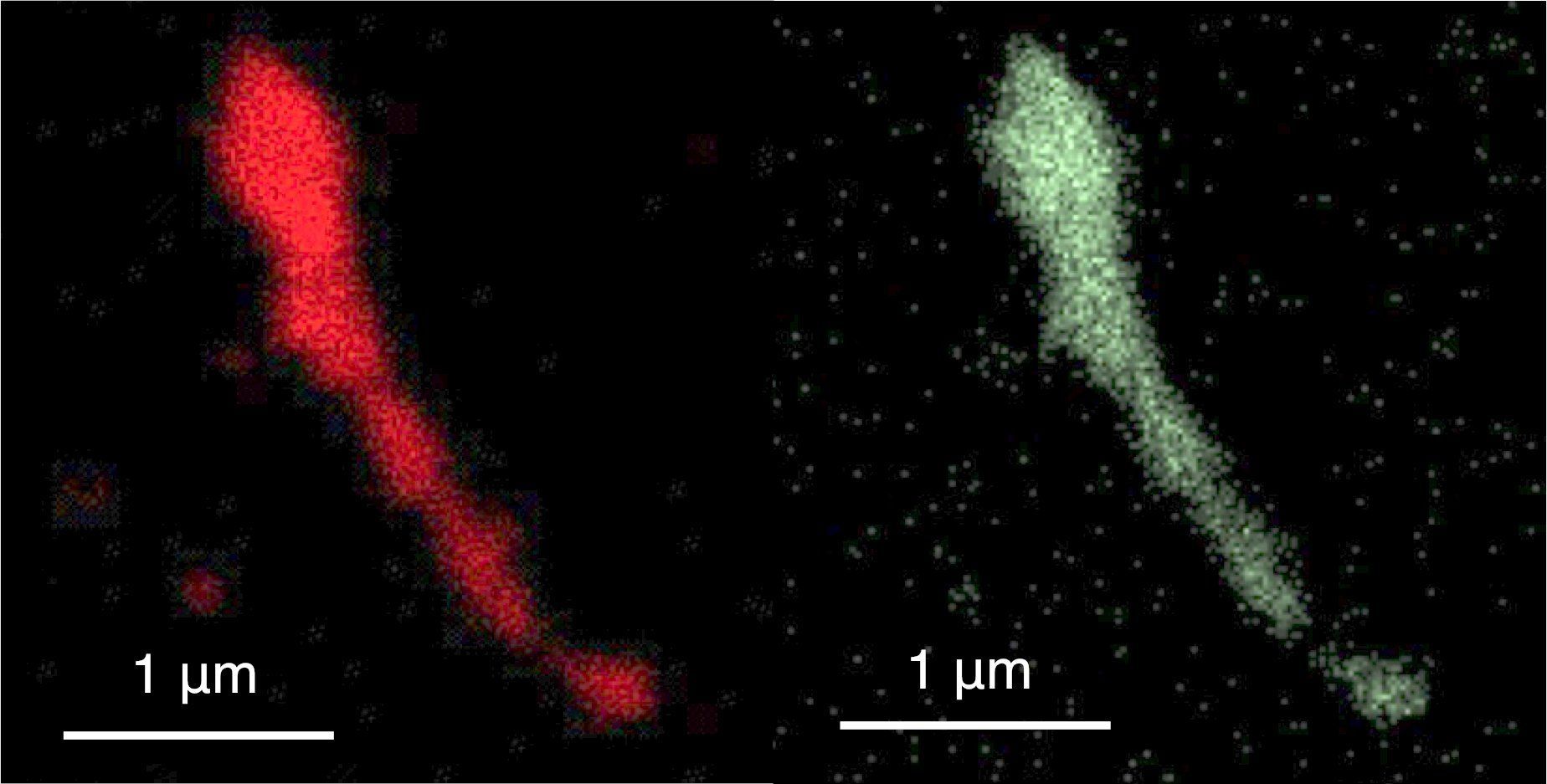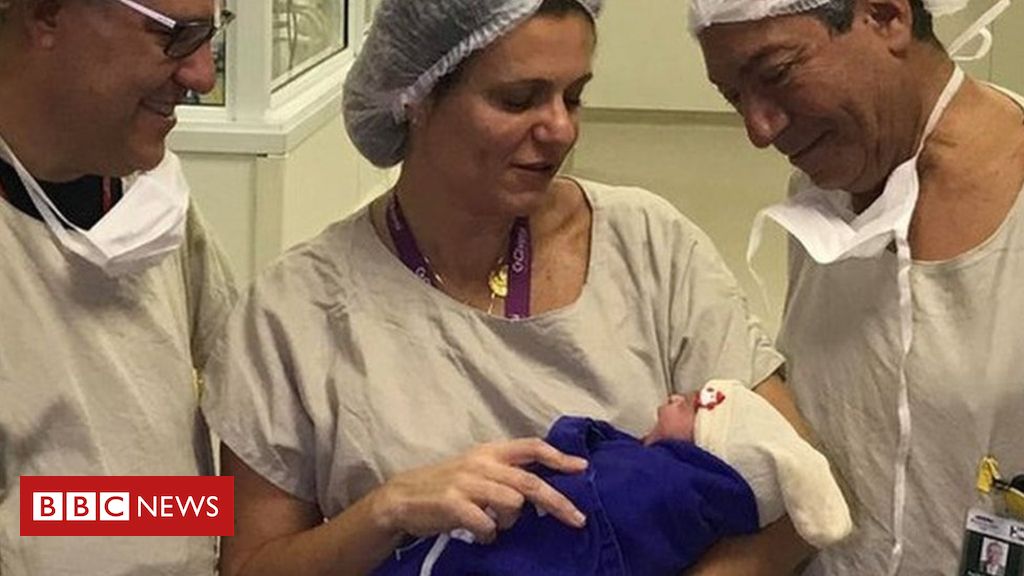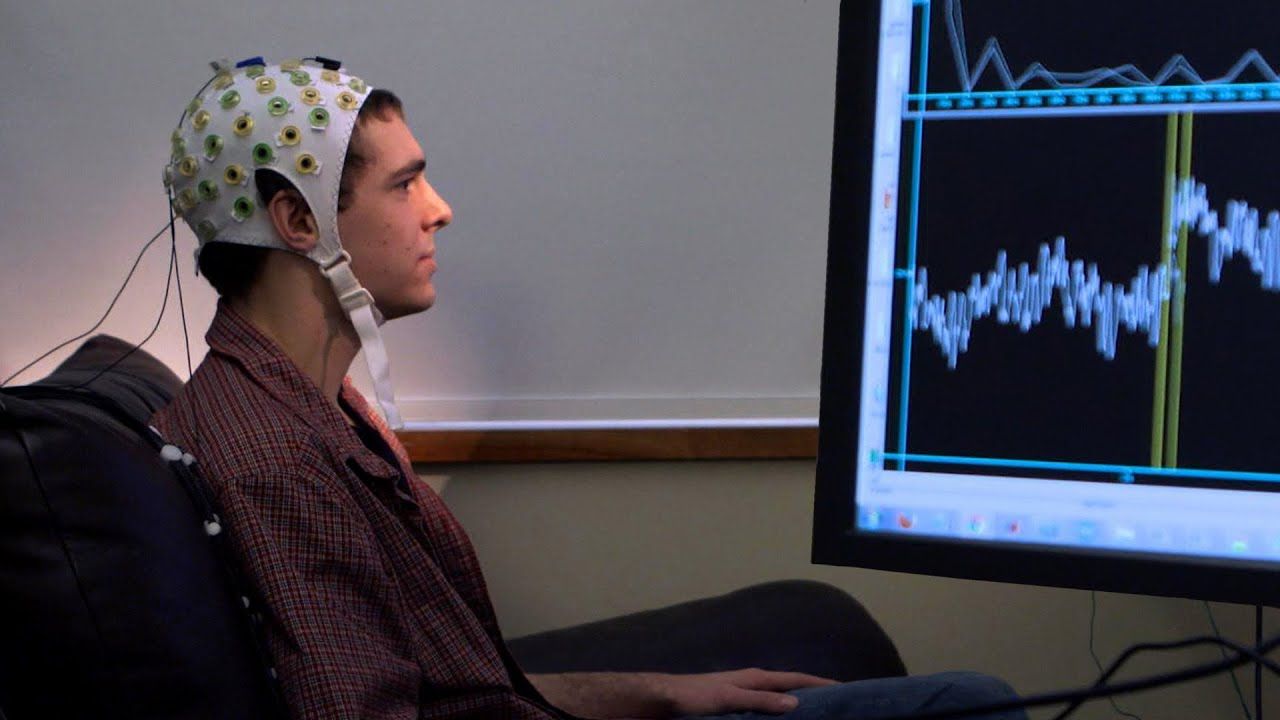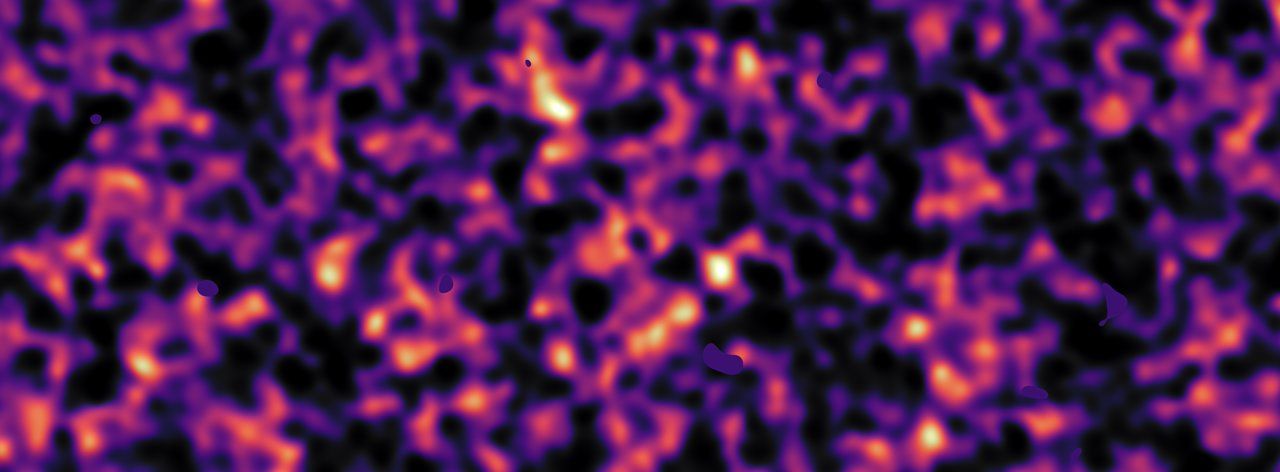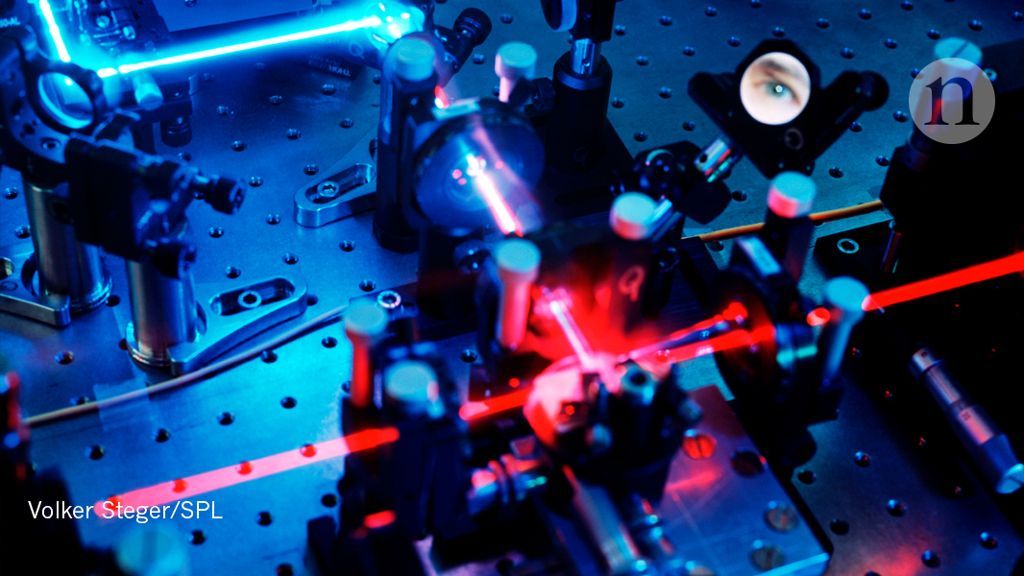Dec 5, 2018
LEAF at the Eurosymposium on Healthy Ageing
Posted by Steve Hill in categories: biotech/medical, life extension
The Fourth Eurosymposium on Healthy Ageing (EHA) was held in Brussels on November 8–10, 2018, and we had the opportunity to give talks about aging, advocacy, and engaging new audiences.
The EHA is a conference hosted every two years by Heales, and it sees like-minded people from the research and advocacy community come together to share knowledge and listen to talks from various researchers and other experts in the field. We were very pleased to be invited to give two presentations during the conference and share our knowledge and experience with the audience there.
Continue reading “LEAF at the Eurosymposium on Healthy Ageing” »
